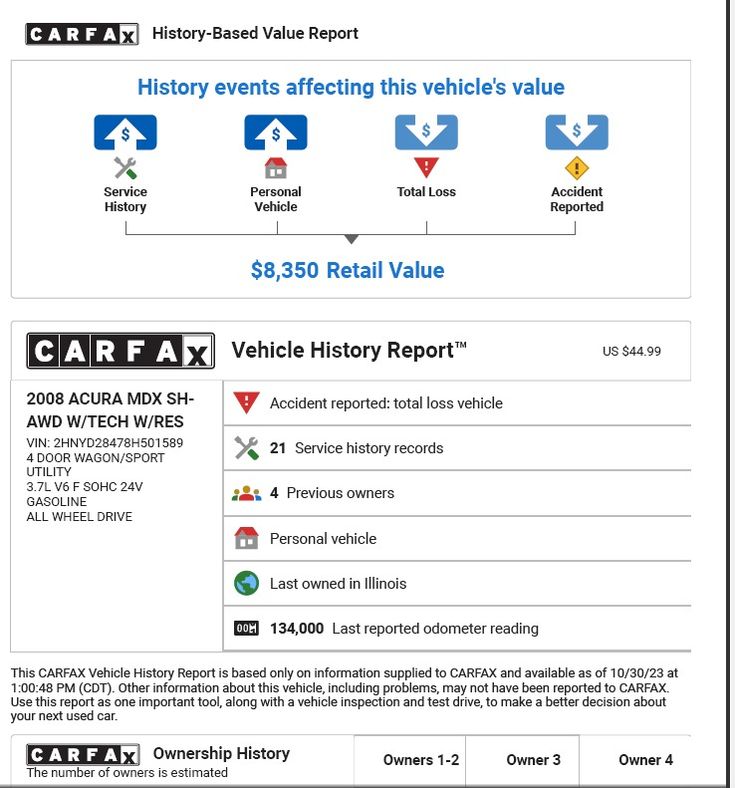Introduction:
Buying a car is a big decision, and financing it can be a confusing process. Getting the best car loan can save you thousands of dollars in interest over the life of your loan. This guide will walk you through the steps to secure the most favorable terms, helping you drive away with a new car without breaking the bank.

This article will cover the essential steps to getting the best car loan, from understanding your credit score to negotiating with lenders. We'll explore how to shop around for the best rates, compare loan options, and avoid common pitfalls. By following these tips and tricks, you can increase your chances of securing a loan with a low interest rate and favorable terms.
Know Your Credit Score:
Your credit score is the foundation of your loan application. Lenders use it to assess your creditworthiness and determine the interest rate you qualify for. A higher credit score translates to lower interest rates. Before applying for a loan, check your credit report for accuracy and take steps to improve your score if necessary.
Shop Around for Rates:
Don't settle for the first loan offer you receive. Compare rates from multiple lenders, including banks, credit unions, and online lenders. Each lender has its own criteria and rates, so it's crucial to explore your options.
Consider Loan Terms:
The loan term, or the length of time you have to repay the loan, significantly impacts your monthly payments and total interest paid. A shorter term generally means higher monthly payments but lower overall interest. Conversely, a longer term results in lower monthly payments but higher total interest. Choose a term that aligns with your financial goals and budget.
Negotiate the Interest Rate:
Don't be afraid to negotiate the interest rate offered by the lender. You can leverage your credit score, down payment, and existing relationships with the lender to try and secure a lower rate. Be prepared to walk away if you're not satisfied with the terms.
Avoid Common Pitfalls:
Be wary of common pitfalls that can lead to higher interest rates or unfavorable loan terms. Avoid taking on too much debt, make sure you understand all the fees associated with the loan, and be cautious of lenders offering "too good to be true" deals.





